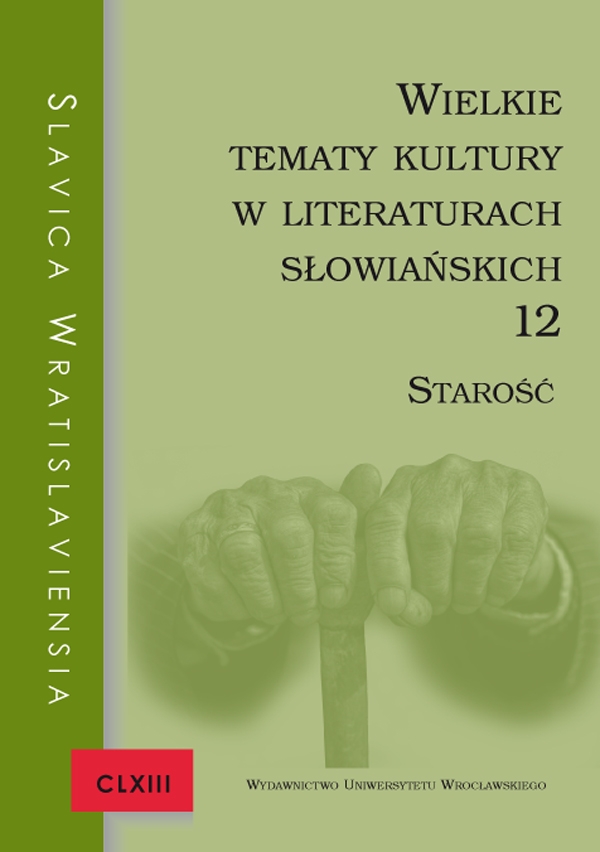

Artykuły

‘‘And the years have come when there’s no more pleasure for me…” the concept of ‘‘old age” in the chronicle The Zahudaly Rod by Leskov and the novel The Contess Cosel by Krashevsky
In this article the problem of the concept ‘‘old age” in the chronicle is considered. Having been one of the constants of the world culture, the concept ‘‘old age” is related to the empirical or posterior concepts. In fiction literature and art it receives some varied expression, dictated by the peculiarities of ahistorical epoch and its cultural traditions.
From this point of view, acertain interest is given by the interpretation of old age as the period of the crisis of the age of personality identification in the chronicles The Zahudaly Rod by N.S. Leskov.
In the last conceptually important chapter, which is appeared as the result of the influence of the novel The Contess Cosel by Krashevsky, the main structural element is the comparison of two old women characters, Princess Barbara Protozanov and Contess Cosel. Their premature social death is caused by their attempt to build their everyday life accordingly with their religious consciousness and realizing of their moral values.
„Przyszły lata, z których nie mam już zadowolenia…” koncept „starość” w kronice Nikołaja Leskowa Podupadły ród i powieści Józefa Ignacego Kraszewskiego Hrabina Cosel
W artykule rozpatrywany jest problem koncepcji „starości” w powieściach Leskowa Podupadły ród 1873 i Kraszewskiego Hrabina Cosel 1874. Koncepcja „starości” związana jest z pojęciami empirycznymi i aposteriorycznymi. W sztuce iliteraturze pięknej jest wyrażona w różnych formach, uwarunkowanych charakterem epoki historycznej, jej tradycjami kulturowymi i filozoficzno-religijnymi podstawami bytu. Z tego punktu widzenia interesująca okazuje się interpretacja starości jako okresu związanego z wiekiem kryzysu identyfikacji jednostki, zawarta w Podupadłym rodzie. Ideowo ważny ostatni rozdział powieści powstał pod wpływem książki J. Kraszewskiego Hrabina Cosel, a głównym elementem jego struktury jest porównanie dwóch postaci starszych kobiet — księżnej Warwary Protozanowej i hrabiny Cosel. W przypadku obu bohaterek próba życia zgodnie z zasadami religii i wyznawanymi wartościami kończy się przedwczesną społeczną śmiercią.